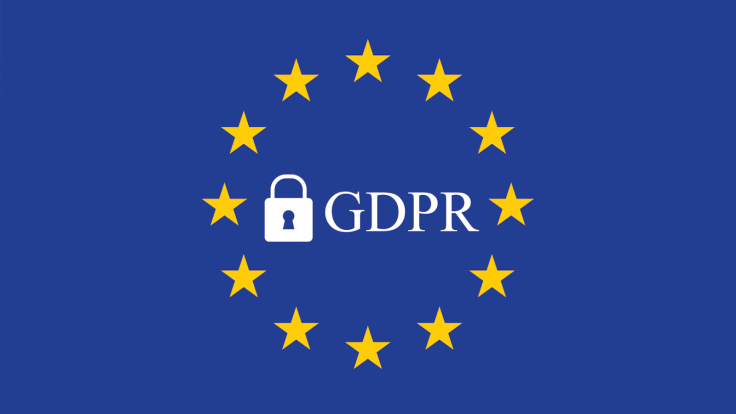Comprehensive guide to GDPR for the marketing industry
Washington Direct Mail is sharing what the GDPR means for marketers and how to enhance responses to your campaigns.

The GDPR is introduced on May 25th 2018, placing the control of consumer data back to the consumer. Over the years, personal data has grown in significant value, with The Economist even stating it is the 'world's most valuable resource' behind that of oil. Every prospect leaves a digital footprint, featuring information on the websites you visit, the places you have travelled, products you buy or even those abandoned in your cart. This data is then collected and used to target those consumers with personalised ads. However, with the rise of value in personal data comes the risk of security.
Consumers are becoming savvy to the threats of cyber attacks and, subsequently, the selling of their personal data. Over 70% of people state they believe their data has already been made available online for cyber criminals - according to the 2017 Data Threat Report. In response to the threats of personal data, the EU is introducing the GDPR. The GDPR legislation involves consumers deciding whether they would like your company to hold their data, thus affecting marketing campaigns. Collecting data from your prospects must become a more streamlined process but, in turn, you will see your brand message or services placed directly in front of those that are interested. Washington Direct Mail, a leading UK mailing company, is sharing what the GDPR means for marketers and how to enhance responses to your campaigns.
What is the GDPR?
The GDPR refers to a set of laws, standardising privacy legislation in the UK and across Europe. These laws have been put in place to safeguard personal data. Companies that are based in the EU must comply with the legislation, as well as international corporations that may not be located in Europe but sell to European companies. Failure to follow the laws will result in severe consequences that could even spell long-term cash flow issues. The fines you could face are €20 million or 4% of your global turnover.
To follow the legislation, incorporate privacy settings to your website and digital products, and offer the chance for consumers to opt-out of you hosting their data. Improving communication with your prospects and privacy impact assessments should be high on your priorities before creating marketing campaigns.
GDPR for Marketing Practicalities
When producing a successful marketing campaign, data is where you should start. However, with the introduction of the GDPR, there are several more practicalities to consider before design and delivery.
Consent
One of the primary concerns to come out of the GDPR is consent. For marketers, this can, typically, affect campaigns, but it can also build transparency and trust. In simple terms, this legislation enables consumers to consent to their personal data being used, with your company outlining the specific purposes for doing so. With this in mind, cleaning up your existing database is of vital importance.
'The Right to be Forgotten'
Hand in hand with consent comes 'the right to be forgotten'. If your client asks to be removed from the database, you must delete all information immediately. Failure to do so will result in fines.
Control of Data
As mentioned above, control of data is back with the consumer and personal data will be harder to obtain. However, this is your chance to get creative and attract appeal to your targeted consumer. To ensure you continue to build on the database, you can place sign-up boxes on your website, inviting visitors to join the mailing list or newsletter, for example. With their consent, you can also be sure your marketing campaigns are targeting prospects interested in your services.
Accuracy
Accurate data is the difference between success and failure with marketing campaigns. Without precise data, you are ignoring a whole chunk of people interested in your brand and aiming to attract those who will never visit your website. Essentially, you are throwing money away. Not only does accurate data benefit your advertising strategies, but you are required, by the GDPR, to regularly update consumer data. The personal data must not be stored longer than needed, and an audit trail of collecting the information is necessary.
How to Ensure Data Complies with GDPR Legislation
Complying with the GDPR will ensure you don't suffer fines, but aids in building data on consumers that will respond positively to your campaigns.
- Clear up your existing database
- Produce an audit trail of how you collect data
- Gain consent from consumers by adding newsletter and mailing list invitations to your website
- Centralise consumer data on a CRM
How Can the GDPR Benefit Marketing Campaigns?
By conveying how and why you are collecting consumer information, you build transparency and trust. All successful relationships between brand and prospect are built on trust, with them more likely to recommend your services to a friend and continually come back to your store, for example. The GDPR enables you to build on and improve that while placing your marketing directly into the hands of those targeted.





















